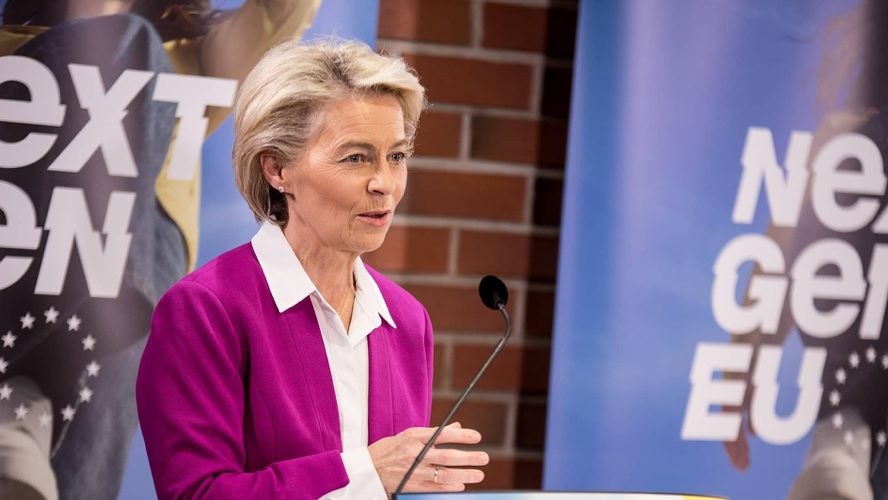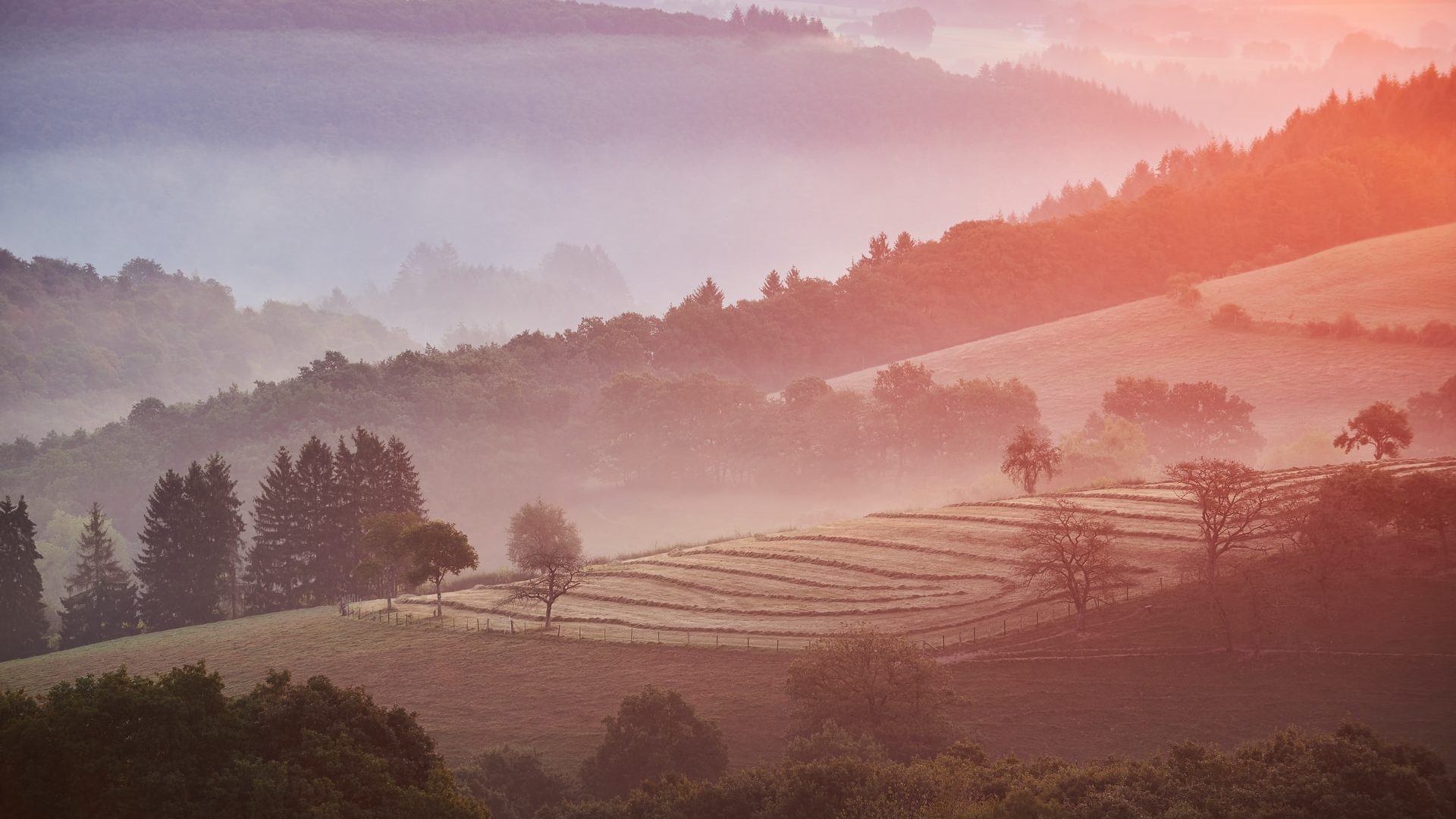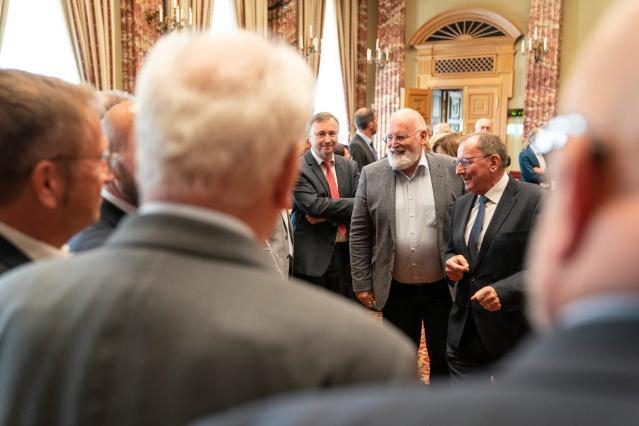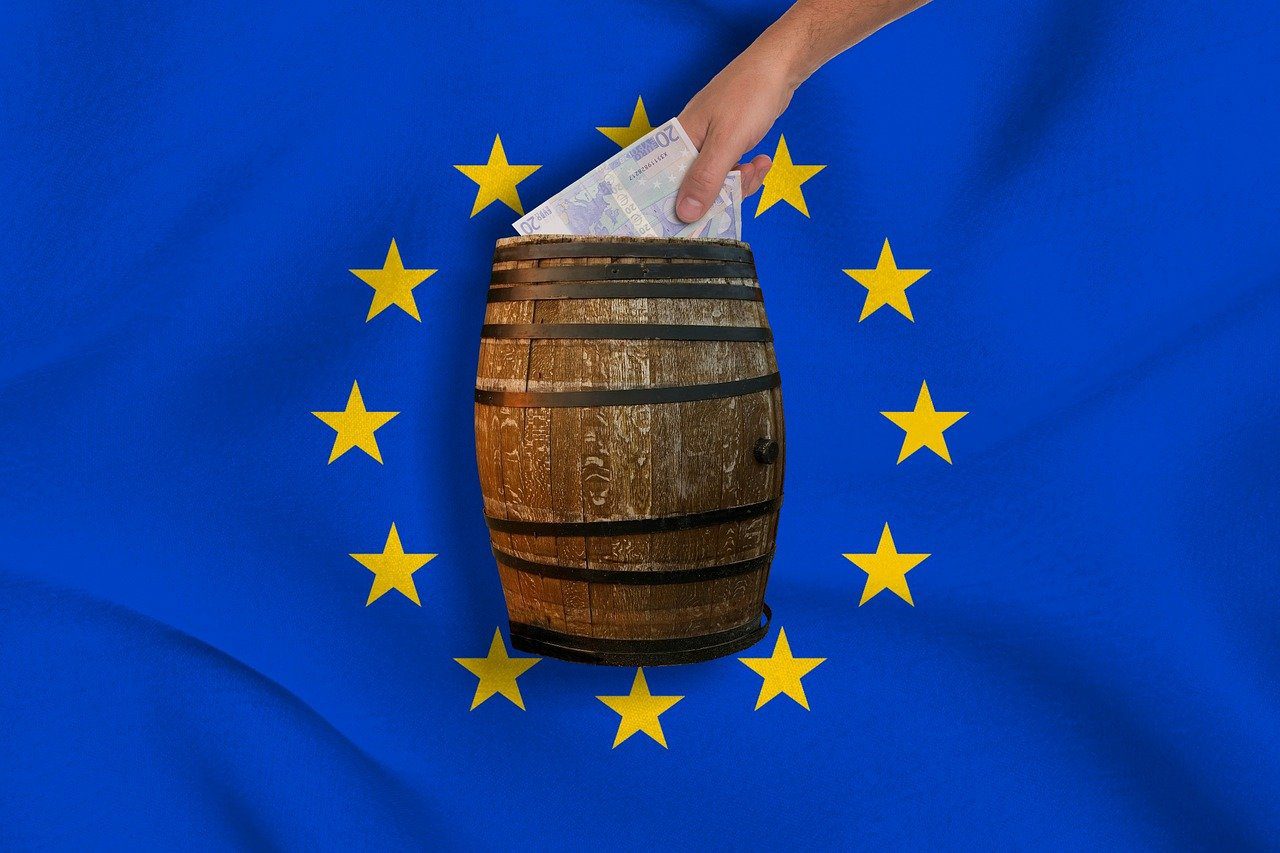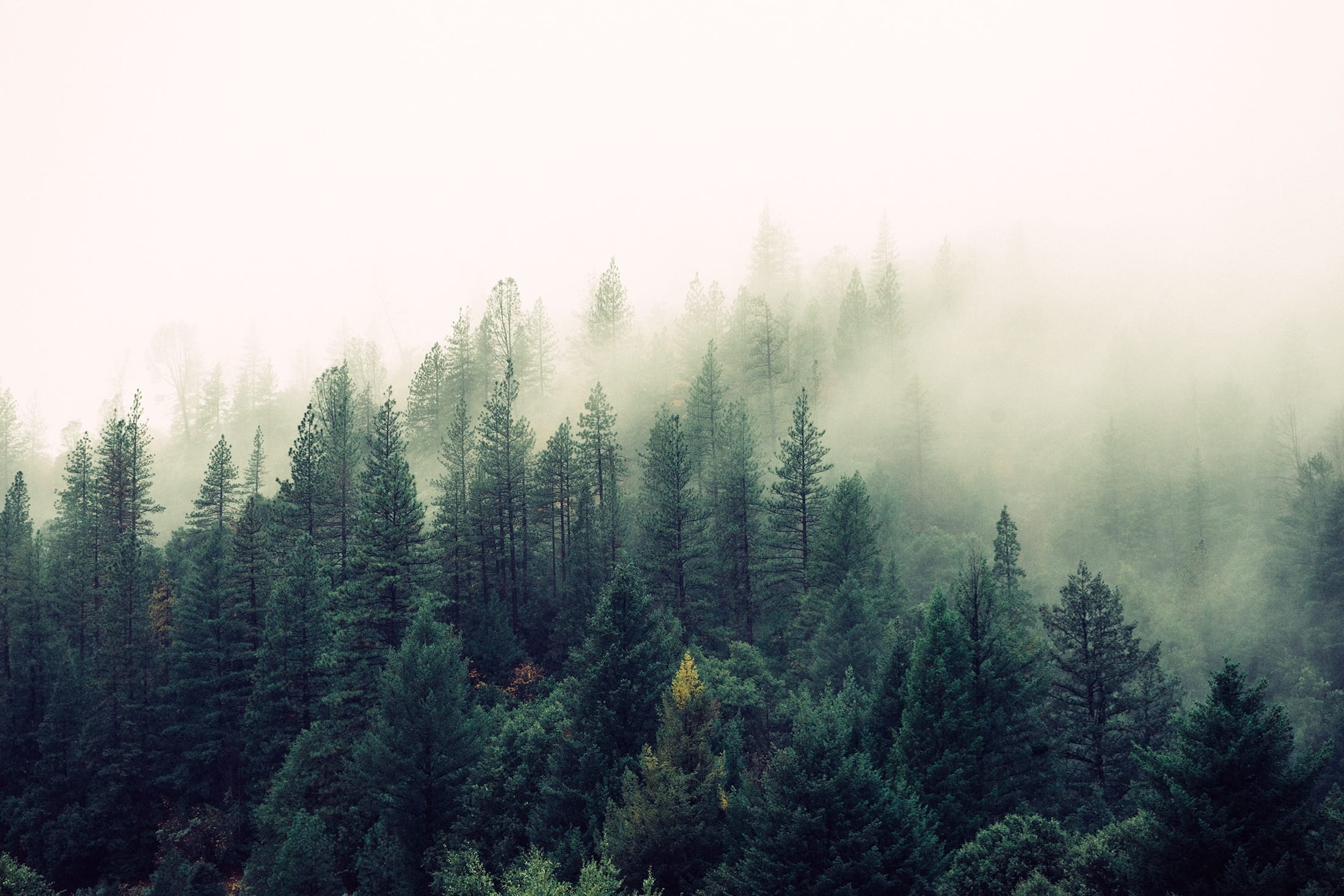No products in the cart.

The ‘Nudge Unit’ Wants Banks to Track Your Carbon Footprint
When using their bank or credit cards, test subjects received messages at the point of purchase that informed them on how much carbon they had either saved or emitted.


